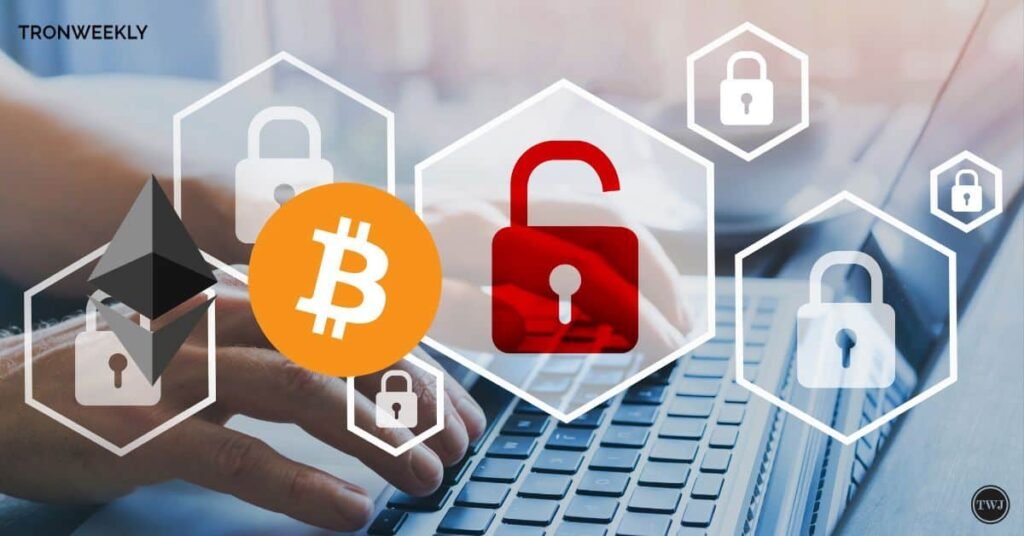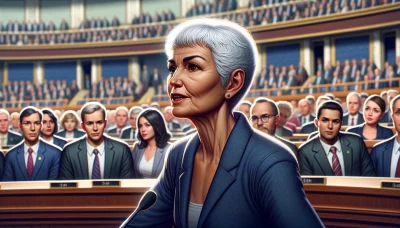Inside VSCO, a Gen Z-approved photo-sharing app, with CEO Joel Flory

Long before Instagram toyed with removing “likes,” VSCO, an Oakland-based photo-sharing and editing app, built a community devoid of likes, comments and follower counts. Perhaps known to many only because of this year’s “VSCO girl” meme explosion, the company has long been coaxing the creative community to its freemium platform. Turns out, if you can provide the disillusioned teens of Gen Z respite from the horrors of social media — they’ll pay for it.
VSCO is on pace to surpass 4 million paying users in 2020, up from 2 million paying users in late 2018, the company said. Approaching $80 million in annual revenue, VSCO charges an annual subscription fee of $19.99 for access to a full-suite of mobile photo-editing tools, exclusive photo filters, tutorials and more. For no cost, users can access a handful of basic VSCO filters, standard editing tools and loads of content published by other users in VSCO’s photo feed.
In recent months, the company’s Oakland headquarters has swelled to 150 employees, an increase of 50% from 2018, with a new office in Chicago expected to fit several dozen more. The company, which counts 100 million registered users to date, has also recently inked a partnership with Snap. Together, they’ve launched Analog, VSCO’s first-ever Snapchat lens, in a deal that hints at a future acquisition. Needless to say, VSCO co-founder and chief executive officer Joel Flory is feeling pretty optimistic ahead of his company’s eighth birthday.
“When you walk into a museum, you don’t see the net worth of the artist,” Flory tells TechCrunch. “You don’t see how many people have walked through the museum. There’s not a space for people to write comments and leave stickers. It’s a moment. It’s for you. You get to sit in front of a piece of work, a piece of art. And does it move you? Does it speak to you? Are you able to learn something from it? Does it inspire you to go do something? How can we create a space in which you could do that online? That was our initial insight.”
Flory, a 40-year-old former wedding photographer, wears a grey Oakland Roots sweatshirt and a black Oakland Athletics hat when I meet him at VSCO’s offices on Oakland’s Broadway Avenue in November. He doesn’t look like the Gen Z whisperer I expected to meet, and his responses to my questions about the “VSCO girl” meme paint a picture of a CEO who’s inadvertently connected with a generation 20 years his junior. “It’s a sense of caring about the environment and kind of caring about causes that have a meaning and impact,” Flory said of “VSCO girls,” who have more-oft been described as 21st century valley girls or “annoying, white
Be the first to write a comment.







